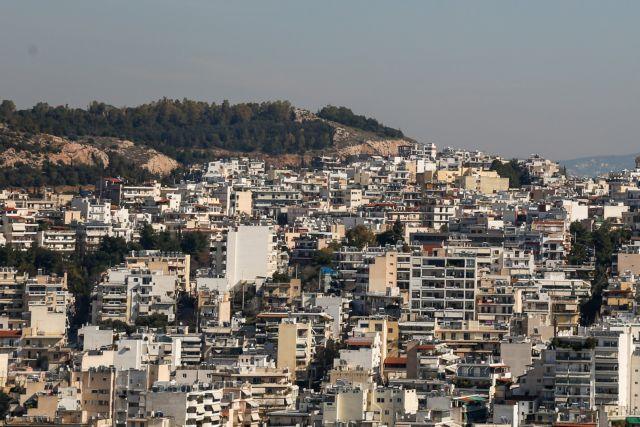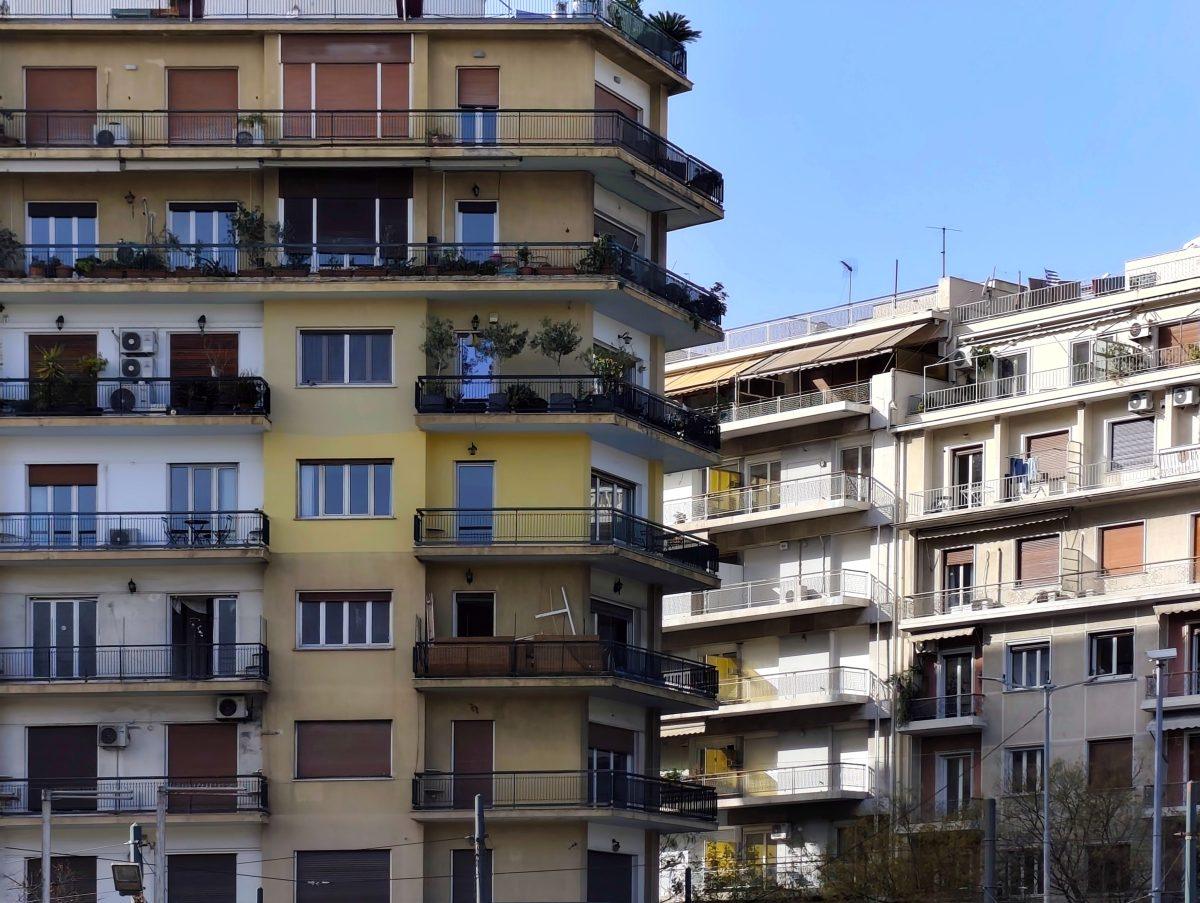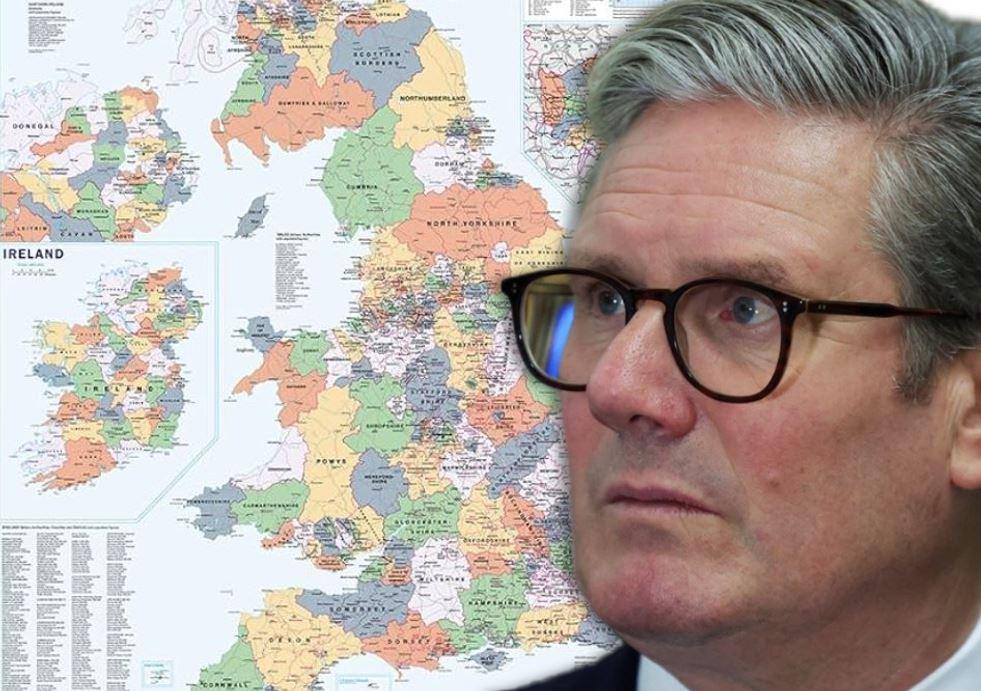The Commission today referred Greece to the Supreme Court of the European Union due to the poor air quality because of the high levels of nitrogen dioxide (NO2). The announcement should not have surprised the Greek government, given that the relevant decision (which also concerned Bulgaria, for the same reason) had been taken and made public by the EU institution since last December.
The issue concerns the prolonged excess of the maximum values set by the Union air quality legislation (Directive 2008/50 / EC), under which the Member States are required to approve air quality plans and to ensure taking appropriate measures to guarantee that the overrun period is as short as possible.
Greece, in recent years, has been continuously recording and steadily exceeding the annual limit value of nitrogen dioxide in Athens. It has also not taken the appropriate measures to make the overrun period as short as possible. The Commission therefore considers that the efforts made so far by the Greek authorities have not been satisfactory and sufficient, and therefore is referring Greece to the Court of Justice of the European Union.
Nitrogen dioxide (NO2) is emitted mainly by human activities, such as road traffic — especially diesel vehicles — and industry. This form of pollution causes serious illnesses, such as asthma and reduced pulmonary function.
Air pollution remains a major problem for the natural environment and the human health of EU citizens. The European Environment Agency estimates that around 400,000 premature deaths in the EU each year can be attributed to air pollution. Indicatively, in 2018 about 379,000 premature deaths were attributed to pollution, which causes serious diseases such as asthma, cardiovascular problems and lung cancer.
Apart from Greece, Bulgaria (which has the worst performance), France, Italy and Romania have also been targeted by the Commission.














![Ενοίκια: Το ράλι στα ακίνητα – Προσιτές και απλησίαστες περιοχές [πίνακες]](https://www.ot.gr/wp-content/uploads/2026/01/ot_akinhta_rents26.jpg)
























